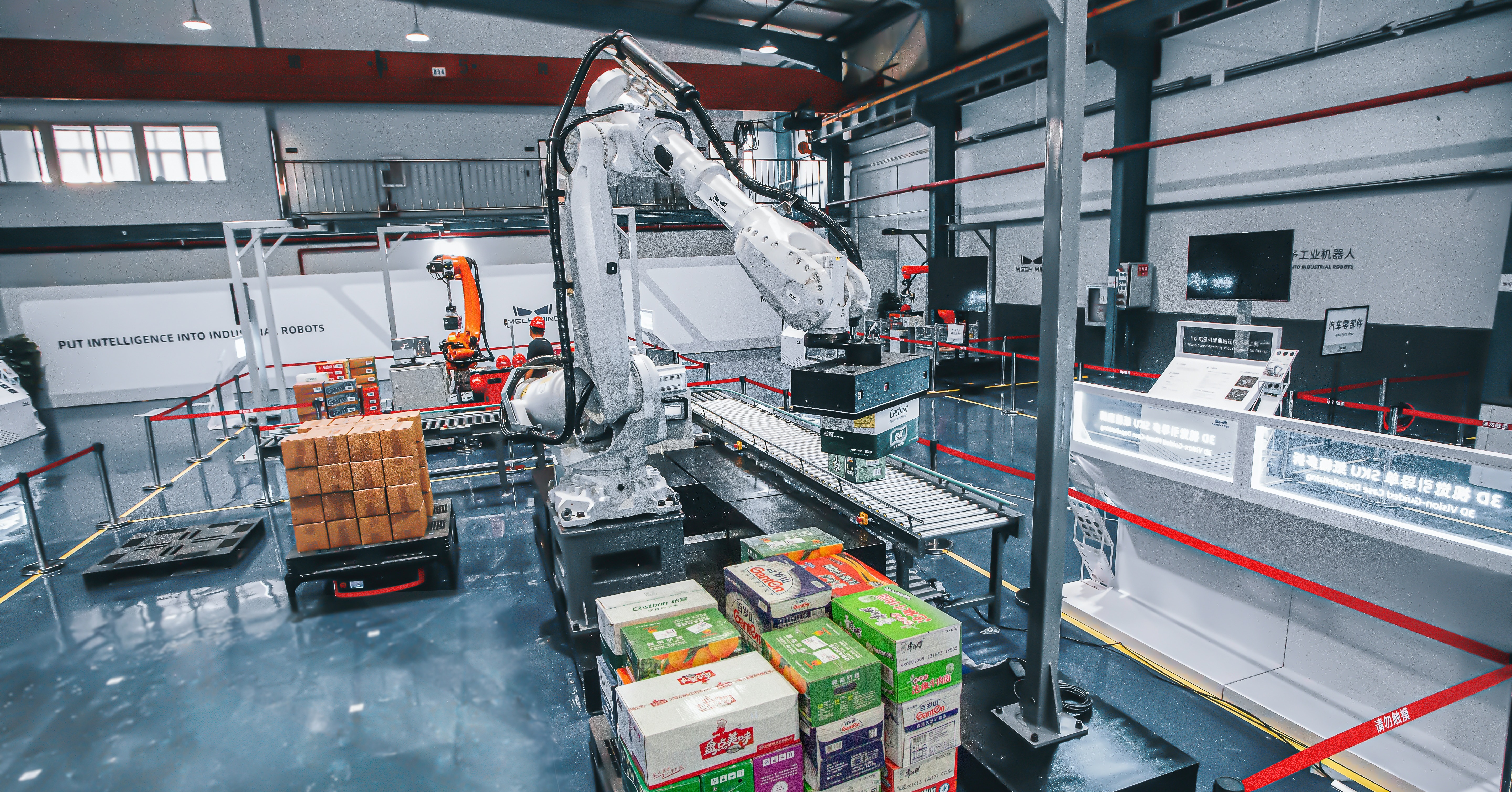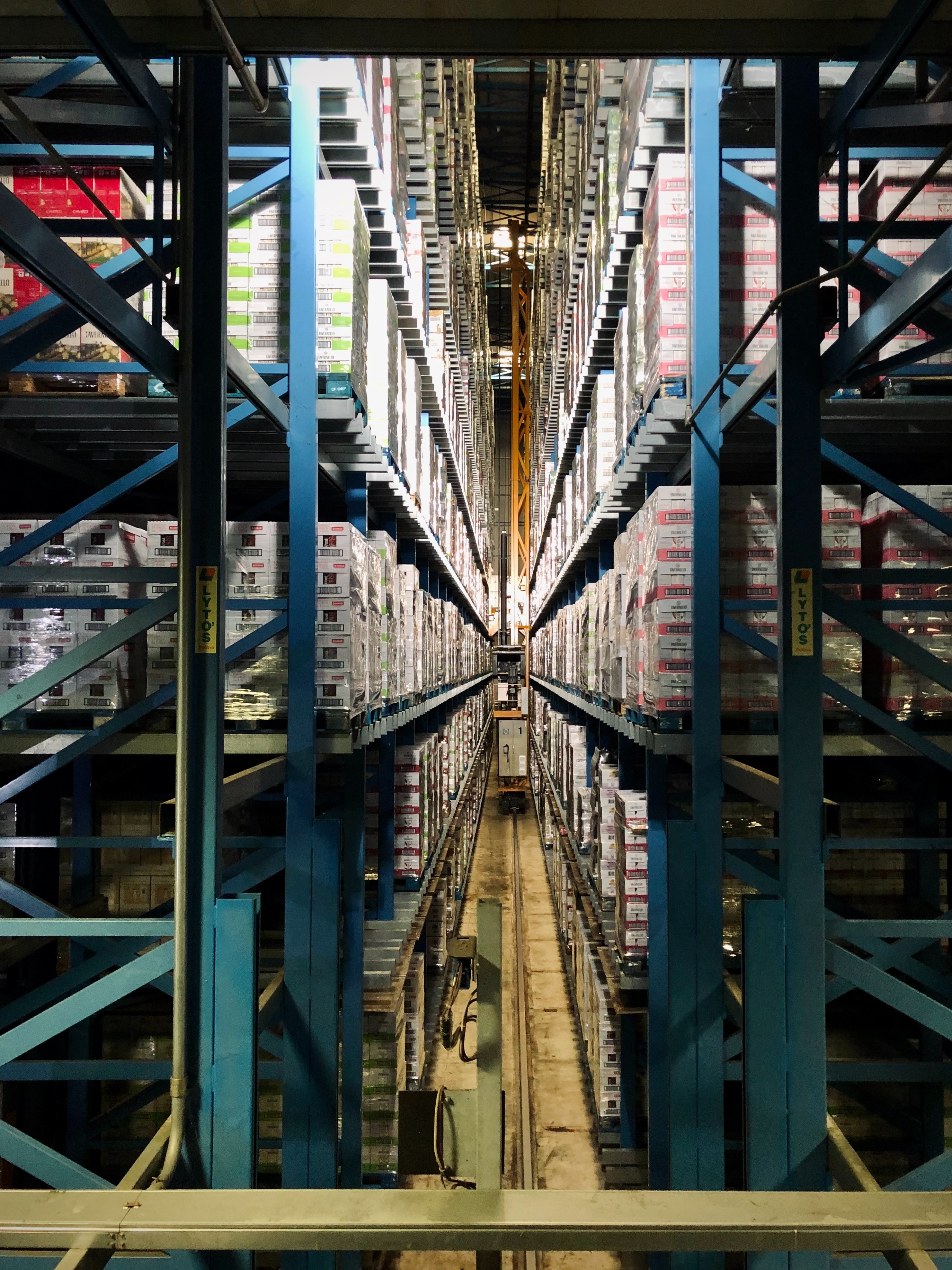Operational excellence isn't just a buzzword—it's a critical pillar supporting the long-term success and resilience of organisations. At Möbius, we understand that achieving operational excellence is not a destination but a continuous journey —a pursuit of the highest efficiency and quality in every facet of your operations.
Understanding operational excellence
Operational excellence is the secret sauce that gives an organisation its competitive edge. It’s about creating a systemic culture that relentlessly pursues the optimization of processes and resources. When we speak of continuous improvement, it's about instilling a proactive mindset across the company, from the frontline employees to the C-suite, all united in the quest for doing things better, customer-friendly, faster, and more cost-effectively. Lean management principles play a vital role here, emphasising the elimination of waste—not just physical waste but wasted time, talent, and movement. Coupled with Six Sigma methodologies, which refine this process through a meticulous data-driven approach to minimize errors and variability in manufacturing and business processes, operational excellence becomes a finely tuned engine driving your business forward.
Embracing change: The Möbius strategy
A central theme in Möbius's strategy for operational excellence is robust performance management. By methodically setting, tracking, and analysing Key Performance Indicators (KPIs), we help organisations not only to chart their current performance but also to forecast and plan for future success. This goes hand in hand with quality assurance and Total Quality Management (TQM), which are not simply about meeting set standards but continuously raising the bar. Our emphasis on quality assurance ensures that each product or service is delivered with excellence as a given, not an afterthought.
This strategic approach is supported by the Möbius belief in efficiency enhancement. We encourage organisations to scrutinise their workflows and systems, looking for ways to enhance efficiency, whether through streamlining procedures or adopting cutting-edge workflow automation technology. By embracing these strategies, organisations can transform their operations, making them more agile and responsive to the ever-changing business environment.
Our vision on Operational Excellence: Enterprise Excellence
Although most efficiency improvement initiatives are taken within the Operations department, a growing number of companies are extending Operational Excellence to other parts of the organisation. This makes sense, because why would you want to limit excellence to just operations? At Möbius, this is why we also speak of 'Enterprise Excellence'.
Operational tools
Diving deeper into the toolbox for operational excellence, we prioritise value stream mapping — a technique essential for visualising material and information flows and discovering redundancies or delays that could be streamlined. This powerful tool allows us to not just make incremental changes but to overhaul entire processes for peak efficiency. And when the situation calls for bold steps, business process reengineering comes into play, where we help reimagine an organisation's processes from the ground up to achieve dramatic improvements in critical, contemporary measures of performance, such as cost, quality, service, and speed.
We don’t stop at mere improvements; we push for transformation. Change management becomes the guiding principle for our approach —preparing, equipping, and supporting individuals to successfully adopt change in order to drive organisational success and outcomes. By understanding the full spectrum of change, from the human to the organisational level, we ensure that our clients are not just surviving but thriving in their new, optimised environments.
A human-centric approach
Central to our philosophy of operational excellence is the firm belief that the human element cannot be overstated. We're not just talking about efficiency for its own sake; we're talking about job crafting and creating a space where each individual can flourish. This is where the idea of employee empowerment comes into play. By giving our team members the autonomy to shape their roles around their strengths and interests, we unlock their potential to innovate and contribute to the organisation's success in ways that rigid job descriptions never could. This flexibility results in heightened job satisfaction, increased productivity, and a vibrant, dynamic workplace culture.
Möbius's approach extends beyond empowering individuals. It encompasses a broader vision of organisational learning and knowledge transfer, ensuring that the skills and insights gained are not siloed but shared across the board. We foster an environment where collaborative learning and knowledge sharing become second nature. This way, the transformational changes we help enact are deeply embedded within the organisation's culture, promoting sustainability and adaptability. This holistic approach to operational excellence ensures that the improvements we implement are not transient, but rather become integral components of your organisation’s operations and strategy.

Business transformation
Imagine a typical manufacturing client, struggling with inefficiencies, facing delays, and grappling with escalating quality issues. When we apply the Möbius approach, it begins with a deep dive into their existing processes, employing value stream mapping to identify bottlenecks and areas of waste. By engaging with employees across all levels, we utilise their insights to inform our Lean management initiatives, integrating them with Six Sigma principles to not only improve but transform their operations.
Through this process, we instigate holistic change management, reshaping not only the systems and processes but also the mindset and culture. This approach enables us to introduce performance management frameworks that transform how success is measured and achieved.
-
One vision, one direction: the path to continuous improvement (BASF)
-
Working towards an agile organisation (Port of Antwerp-Bruges)
The Möbius conclusion
Operational excellence is an expansive canvas, and your organisation holds the brush. It's a canvas where the paint never dries; there's always room for another stroke of genius, another layer of innovation.
Embarking on this journey requires a guide that's as invested in your success as you are. At Möbius, we don't just consult; we co-create. We don't just solve; we evolve. And we're ready to embark on this journey with you.


/Mini-guide%20Enterprise%20Excellence%20Model/Miniguide_EE%20model_2025_Pagina_01.png?width=410&height=220&name=Miniguide_EE%20model_2025_Pagina_01.png)